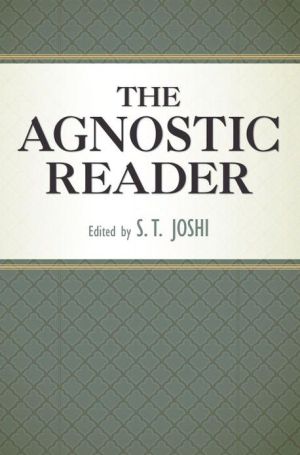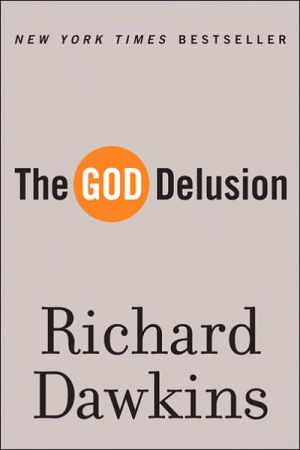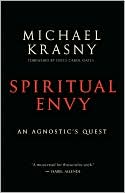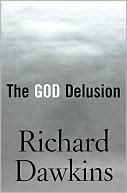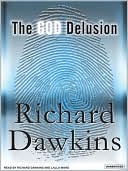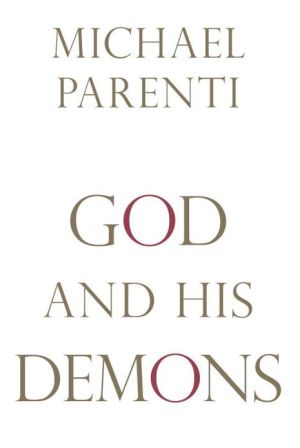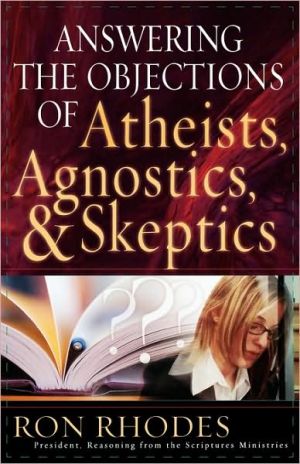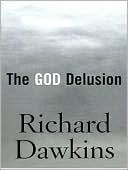The Agnostic Reader
Agnosticism — the philosophical argument that it is impossible to know whether God exists or not — has been the point of view of many distinguished thinkers from the 19th century to the present. In contrast to atheism, which asserts that God does not exist, agnosticism holds that reason and the best scientific evidence do not allow one to reach a decisive conclusion regarding the existence of God.\ This reader prints selections of some of the most profound and pioneering discussions of...
Search in google:
Agnosticism-the philosophical argument that it is impossible to know whether God exists or not-has been the point of view of many distinguished thinkers from the 19th century to the present. In contrast to atheism, which asserts that God does not exist, agnosticism holds that reason and the best scientific evidence do not allow one to reach a decisive conclusion regarding the existence of God. This reader prints selections of some of the most profound and pioneering discussions of agnosticism over the past two centuries. Beginning with early formulations of the agnostic perspective by Thomas Henry Huxley (who coined the term), Bertrand Russell, and others, editor S. T. Joshi shows how agnosticism received a strong boost in the later 19th century from the so-called higher criticism of the Bible. Selections from Edward Burnett Tylor, Arthur Schopenhauer, Robert G. Ingersoll, and Edward Westermarck made a strong case that religion was a natural product of primitive development and that the Bible was the product of an age of scientific ignorance and superstition. By the late 19th and early 20th centuries, Christianity in Europe was in a state of decline among the intellectual classes. The writings of W. E. H. Leckey, Leslie Stephen, and Walter Lippmann show that leading commentators were openly pondering a European society in which Christianity was a thing of the past.The increasing success of the natural sciences during this same time period supported the agnostic viewpoint by accounting for phenomena on a natural, rather than a supernatural, basis. Selections from John William Draper, Albert Einstein, Isaac Asimov, and others demonstrate the scientific respectability ofagnosticism.Finally, selections from such thinkers as Frederic Harrison, H. L. Mencken, and Corliss Lamont emphasize how living with agnosticism can be intellectually and morally satisfying, even exhilarating. Overall, The Agnostic Reader shows how agnosticism can provide a framework for living with courage and dignity.
Introduction 11Some OverviewsAgnosticism and Christianity (1889) Thomas Henry Huxley 23Agnosticism (1889) Edgar Fawcett 51Why I Am an Agnostic (1929) Clarence Darrow 70What Is an Agnostic? (1953) Bertrand Russell 79The Critical Study of ReligionThe Life of Jesus Critically Examined (1835) David Friedrich Strauss 95Primitive Culture (1871) Edward Burnett Tylor 115About the Holy Bible (1894) Robert G. Ingersoll 134Christianity and Morals (1939) Edward Westermarck 143Agnosticism and ScienceHistory of the Conflict between Religion and Science (1874) John William Draper 169The Pre-Darwinite and Post-Darwinite World (1877) Moncure Daniel Conway 194Science and Religion (1941) Albert Einstein 212In the Beginning...(1981) Isaac Asimov 219The Deficiencies of ReligionThe Christian System (1851) Arthur Schopenhauer 233The Ethics of Religion (1877) W. K. Clifford 242Christianity and Civilization (1914) Charles T. Gorham 256Christianity in DeclineRationalism in Europe (1865) W. E. H. Lecky 273Are We Christians? (1873) Leslie Stephen 283The Twilight of Christianity (1929) Harry Elmer Barnes 309God in the Modern World (1929) Walter Lippmann 330The Agnostic Way of LifeSecularism the True Philosophy of Life (1879) G. W. Foote 347On Happiness (1927) H. L. Mencken 362The Ethics of Humanism (1949) Corliss Lamont 368Further Reading 385
\ From the Publisher"With his usual knowing discernment, S. T. Joshi mines the literature of two centuries to distill a peerless overview of the agnostic stance. He presents agnosticism complete, in all of its many variants and as championed by its most eminent defenders. Like Joshi's reader on the closely related field of atheism, The Agnostic Reader squeezes between two covers the most brilliant writings devoted to this significant and controversial topic." \ Tom Flynn Editor of Free Inquiry magazine and The New Encyclopedia of Unbelief\ "The essays here, grouped under headings like 'Agnosticism and Science,' 'The Deficiencies of Religion' and 'The Agnostic Way of Life,' make persuasive arguments in favor of an anti-dogmatic acknowledgement that it is impossible to ever know the truth about matters concerning God and the soul ... [a] wonderful collection."\ Kirkus Reviews\ \ \
